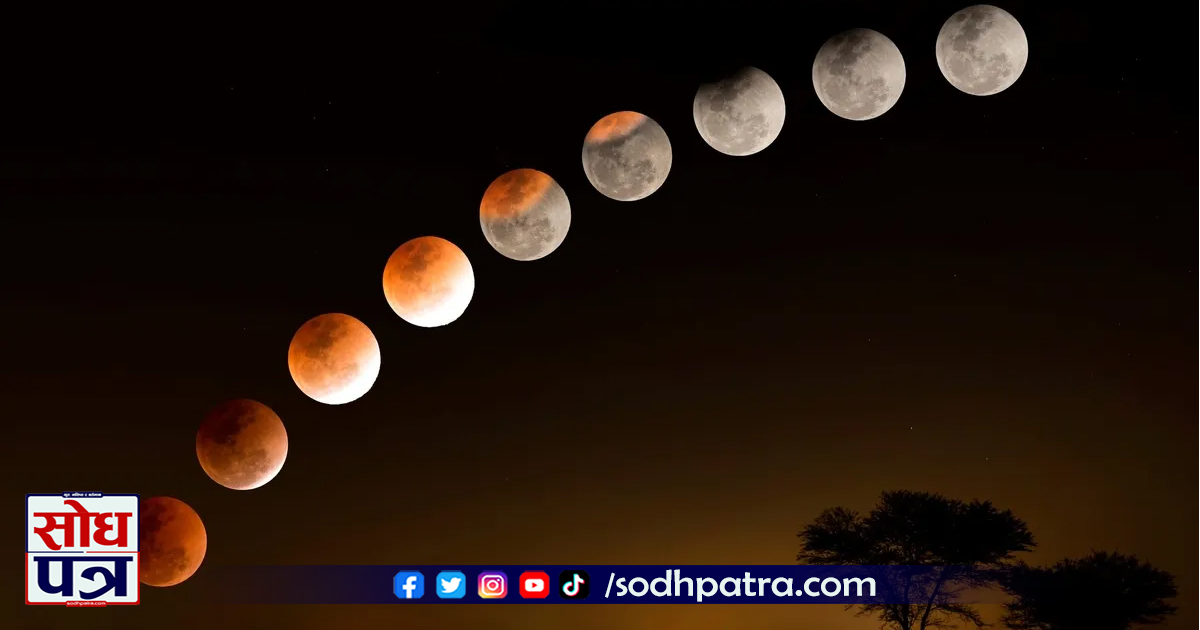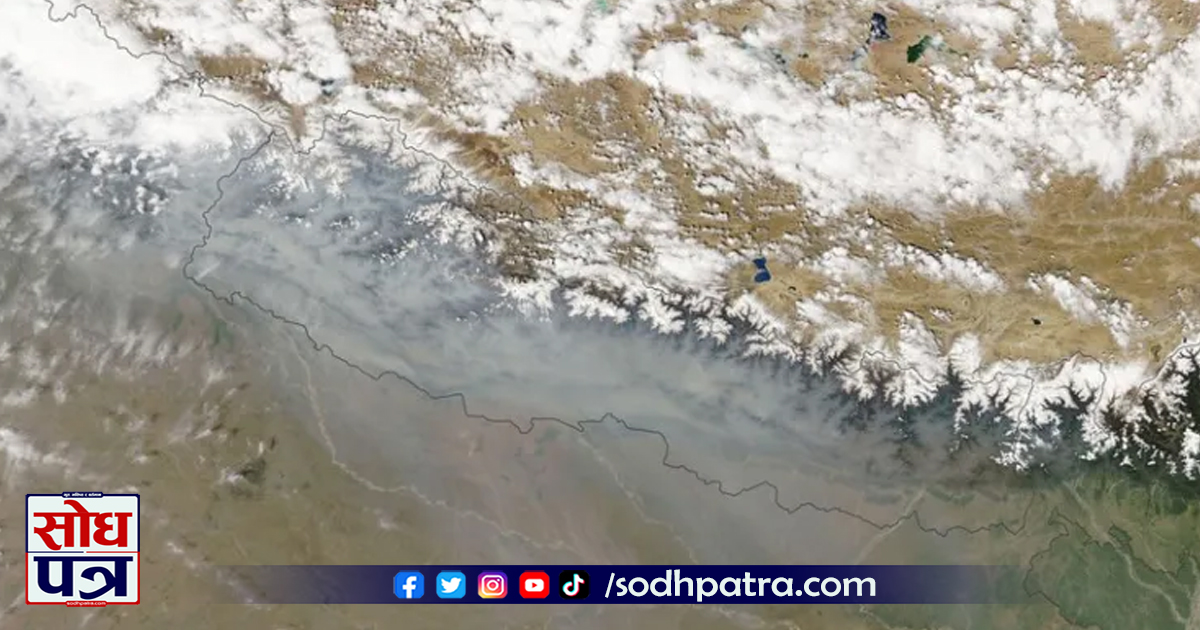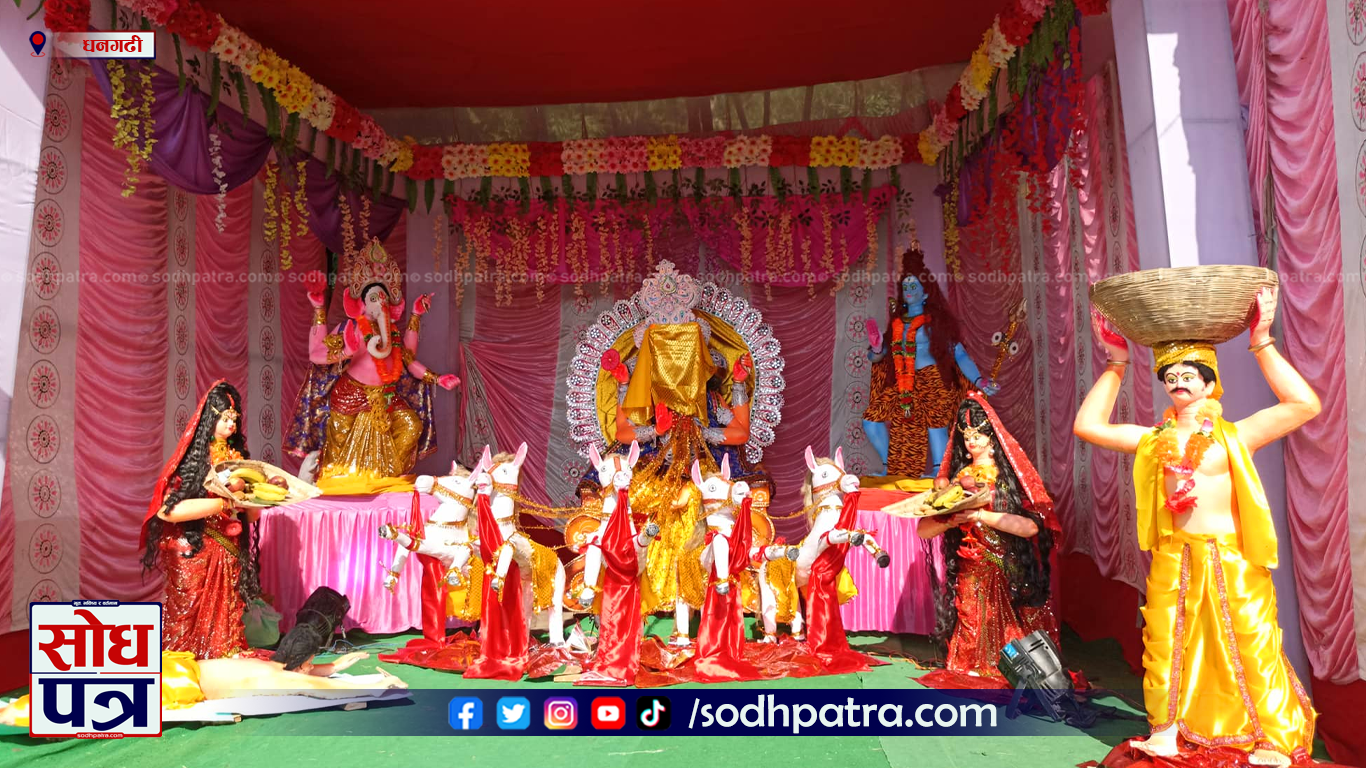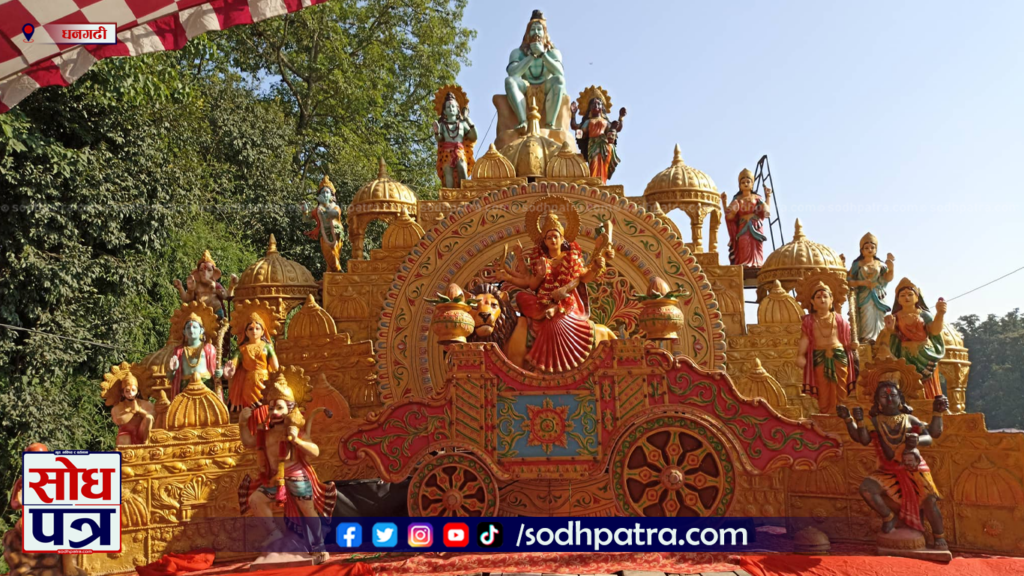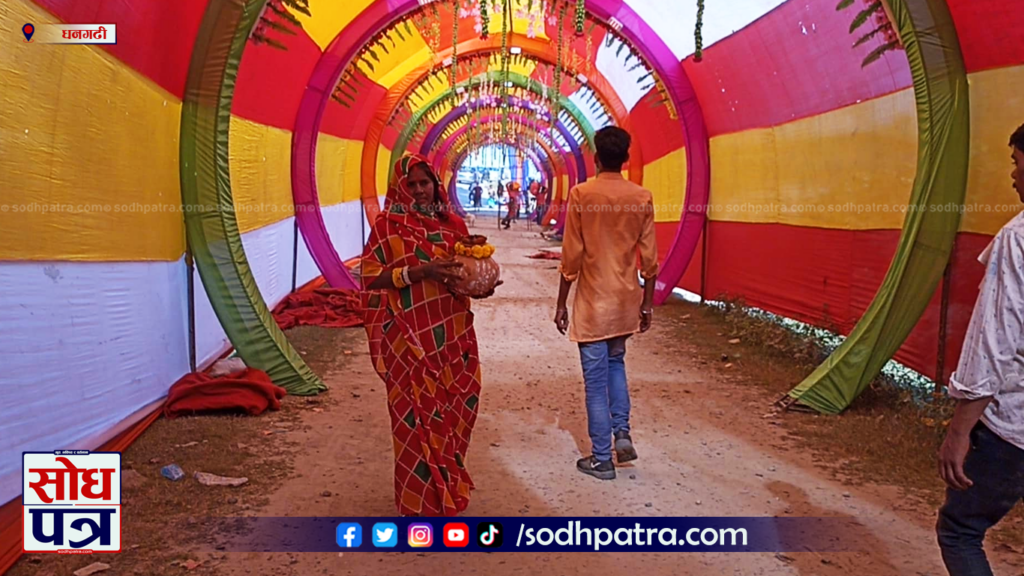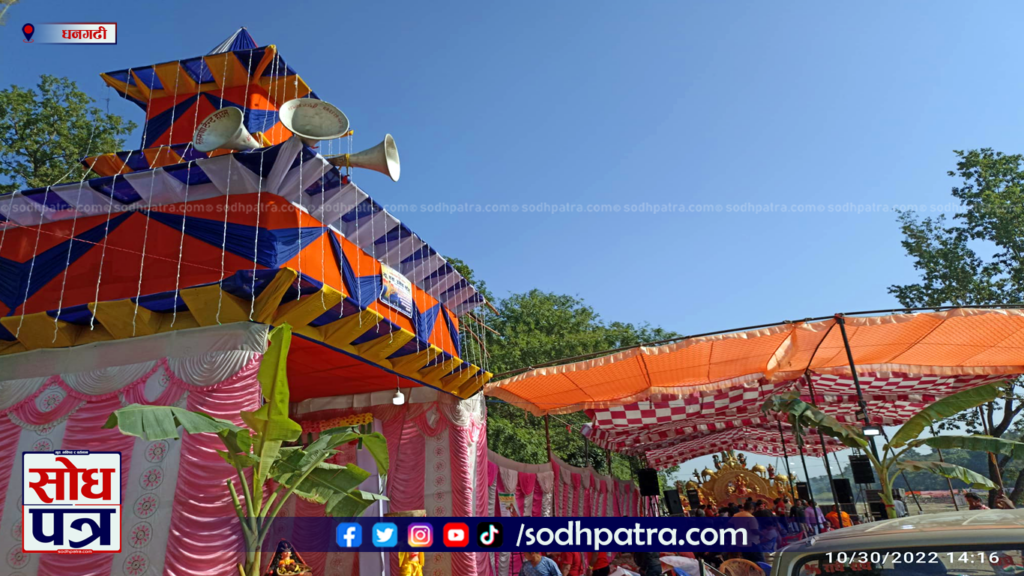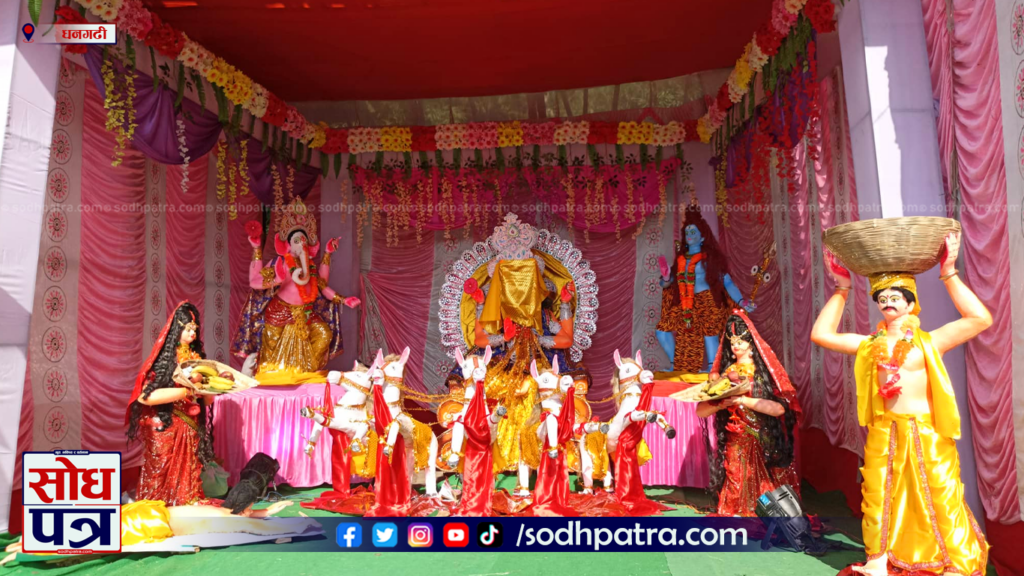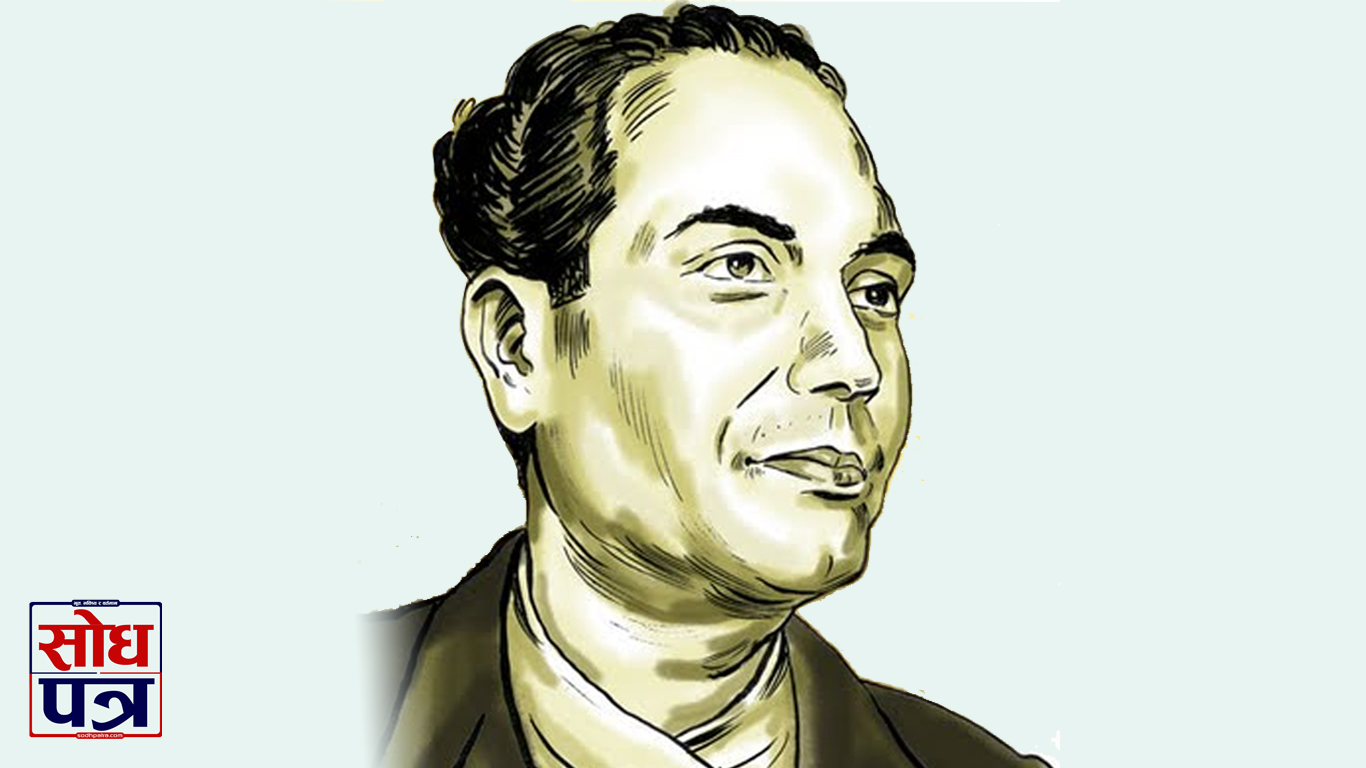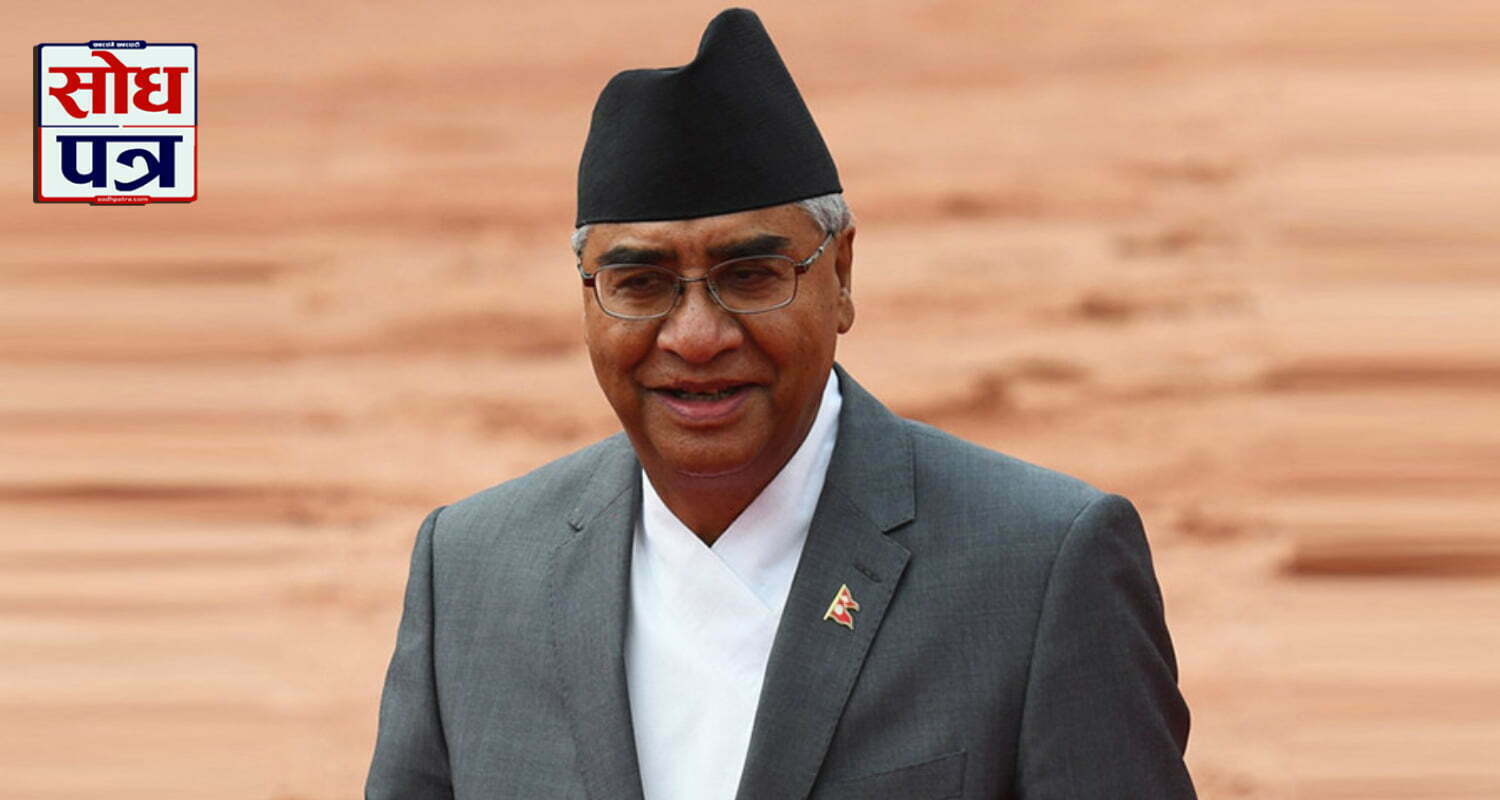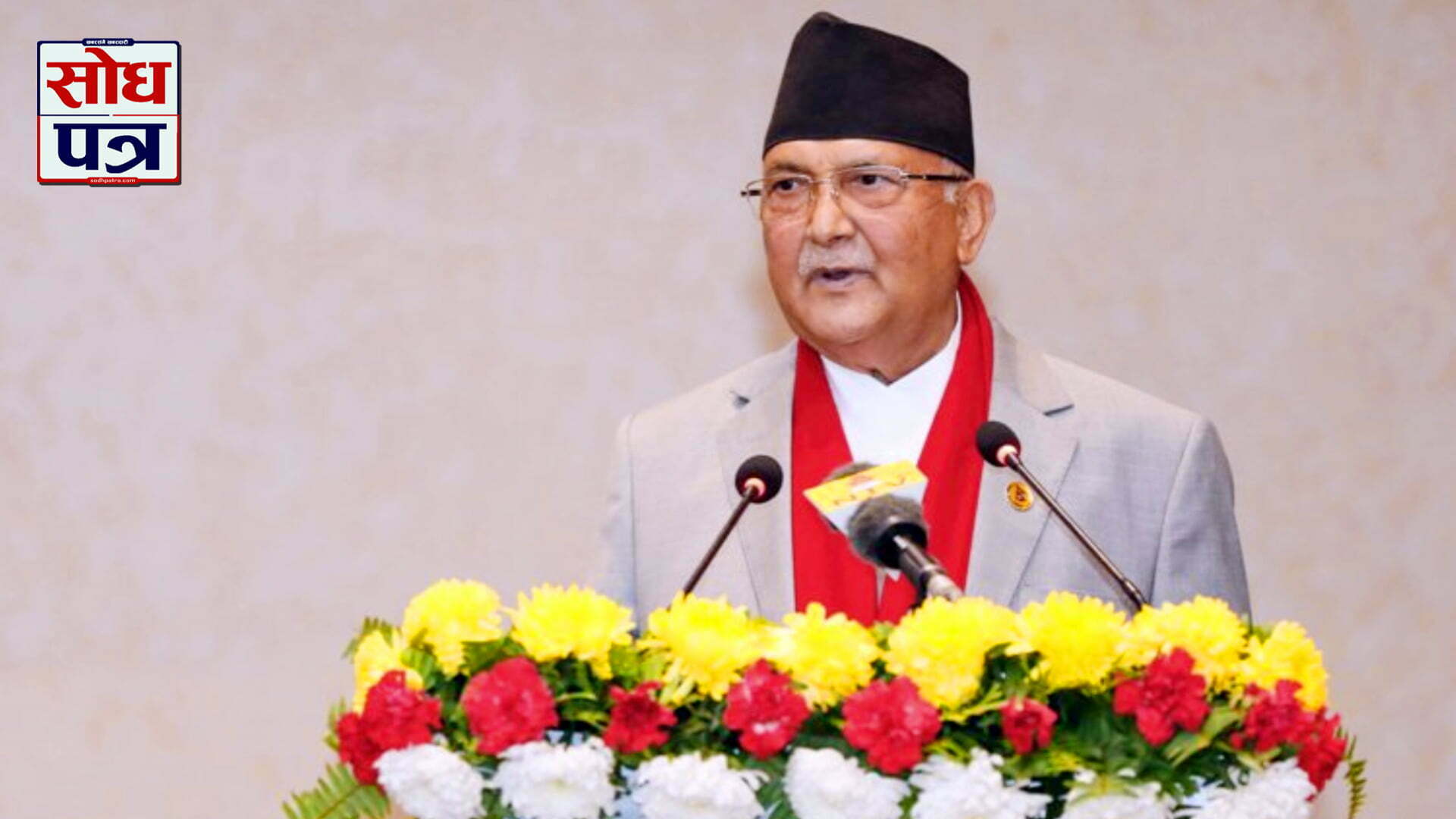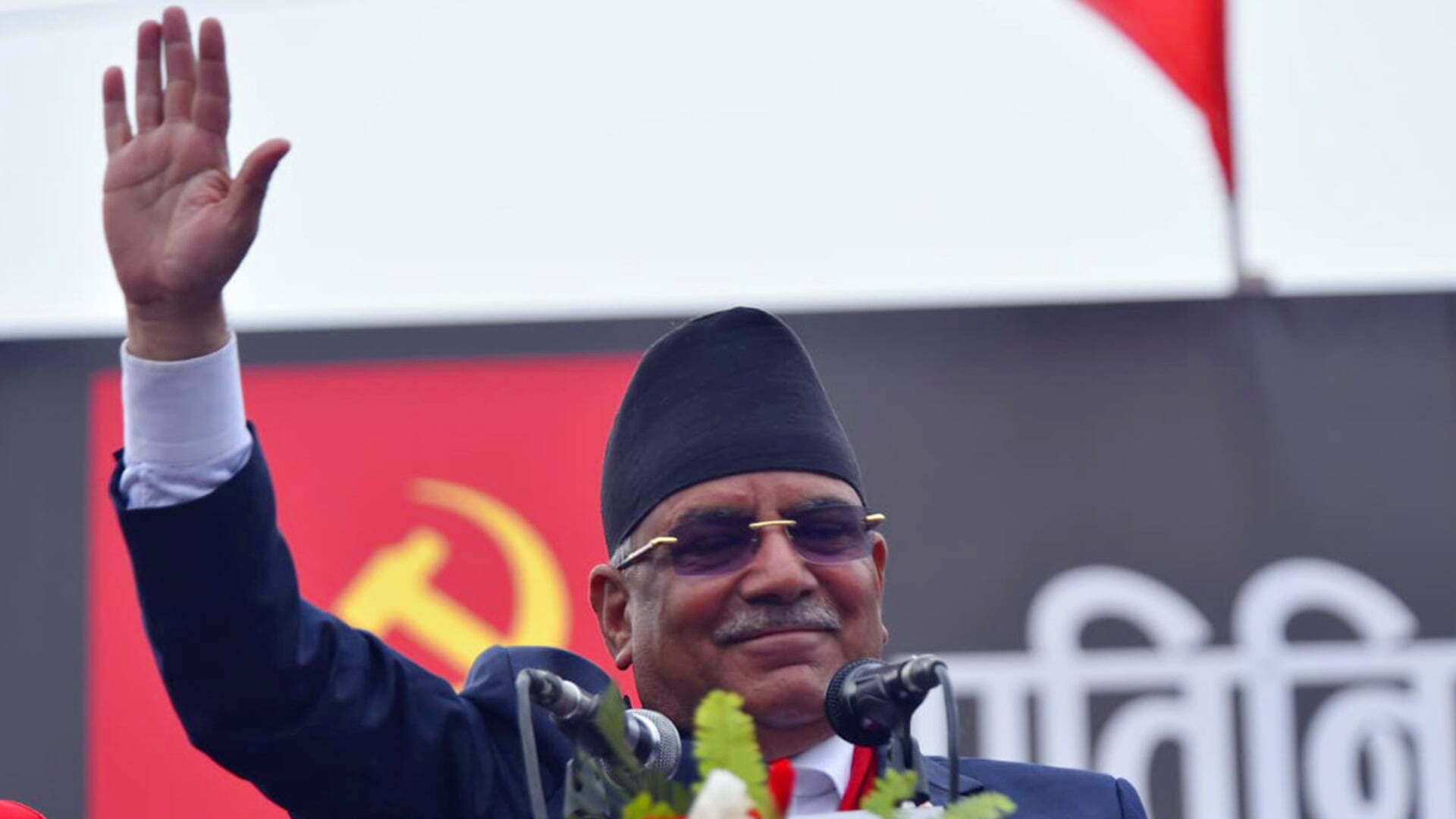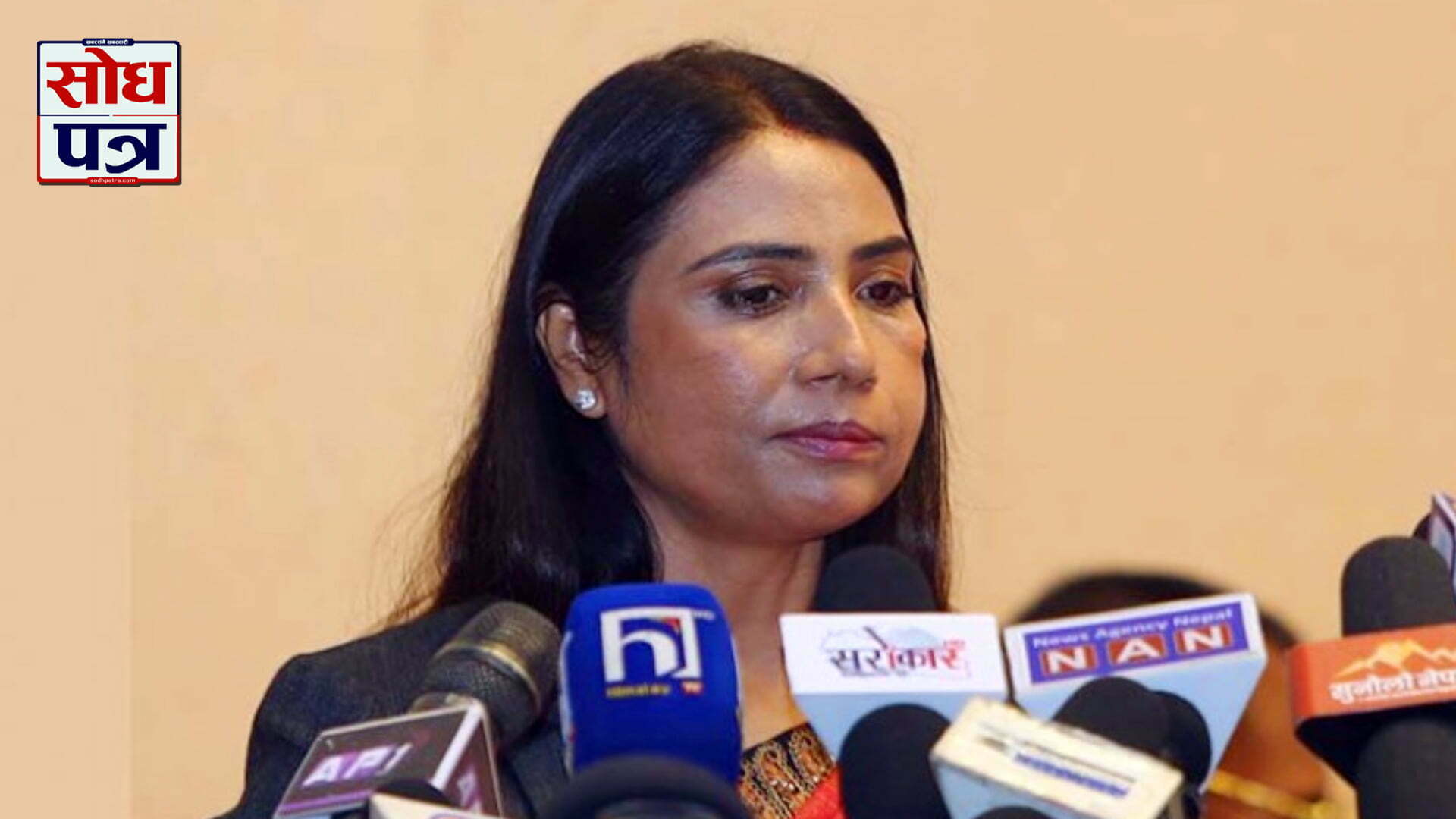KATHMANDU : In the forested foothills and plateaus below the world’s highest mountains, the spring of 2021 delivered a harsh and hot vision of the future under continued climate warming — a fire season that was 10 times worse than the average of the previous 20 years.
One of the most densely forested countries in South Asia, Nepal has always been afflicted by wildfires, but researchers from Nepal, Taiwan, Germany and the United States have found that substantial precipitation deficits and warmer-than-normal temperatures preceded huge conflagrations across Nepal. And while the team’s analysis suggests these conditions will become more common in coming decades, the scientists are also hopeful that a relatively simple statistical model they have devised will make it easier for local and national leaders in Nepal to see these blazes coming, and intervene in time to spare lives, homes, crops and forests.
“One of the beautiful and effective things that my home country has done in the past few decades to save our forests is to put the stewardship of these lands into the hands of local citizens, and this has resulted in rapid reforestation,” said the study’s lead author, Binod Pokharel, a climate scientist at Tribhuvan University in Nepal and Utah State University in the United States. “The downside of this approach, though, is that there is no centralized forest management agency in Nepal, so firefighting is also left to locals, and they don’t have the resources they need to fight this growing problem.”
Pokharel was confident, however, that if local leaders had an easy way to know when fires would be most likely, they could mobilize their communities more effectively to prevent and mitigate the blazes. To that end, he worked with two research scientists from Lawrence Berkeley National Laboratory, Michael Wehner and Alan Rhodes, to examine the historical and future-projected accuracy of different precipitation indices to offer an early warning for likely wildfires.
In doing so, the team devised an easy-to-use precipitation index — a running average of actual precipitation amounts in the fall and early winter compared to the long-term mean for the same months — that offers a robust signal of enhanced fire risk in the spring. Their methods were recently described ina paper published in the journal Climatic Change.
“Of course, we’ve always known that drought makes fire more likely in general, but this process allows us to quantify that risk better and with more lead time,” said co-author Shankar Sharma, who is also a researcher at Tribhuvan University. “If the precipitation index for November and December indicates high likelihood of fire, communities can begin the mobilization and preparation process for early spring.”
Such forecasts will likely be important if Nepal continues its successful efforts to reforest its lands. In the early 1990s, the forested areas of the country’s once verdant countryside were down to about 25% of the total landmass. Under the community-driven forest management policies of the past 30 years, however, the forests have grown back and now cover about half the nation.
“One troubling aspect we saw in our analysis is that the areas of the country that have been ablaze are some of the areas that have enjoyed the greatest rates of growth over the past few decades,” said Matthew LaPlante, a co-author of the study who is an associate professor of journalism at Utah State University and a Ph.D. student in that university’s climate science program. “This association needs a lot more analysis, but what it potentially tells us is that in a world that has warmed and dried, we may not be able to simply regrow forests in places they once were.”
Co-author Wan-Yu Liu, a professor who specializes in forest policy and economics at Taiwan’s National Chung Hsing University, said that the association between forest regrowth and fire will be further examined in coming years because similar studies are lacking. “There are many implications for people in other parts of the world where reforestation is happening,” she said.
“This study reveals that climate change has already increased the likelihood of drought in Nepal exacerbating forest fires and the impacts on human health,” said Wehner of Berkeley Lab. “Multidisciplinary collaborations like this between Utah State University, Berkeley Lab scientists, and our scientific colleagues in developing nations are vital to understanding the risks of climate change and the urgency of working toward solutions.”
Simon Wang, another co-author and climate scientist at Utah State University, said that while global and regional climates are inexorably changing, “our knowledge of these changes is expanding quickly, and the more we know, the more we can prepare, adapt, innovate, and work together in local, national, and global communities to solve our shared challenges.”
